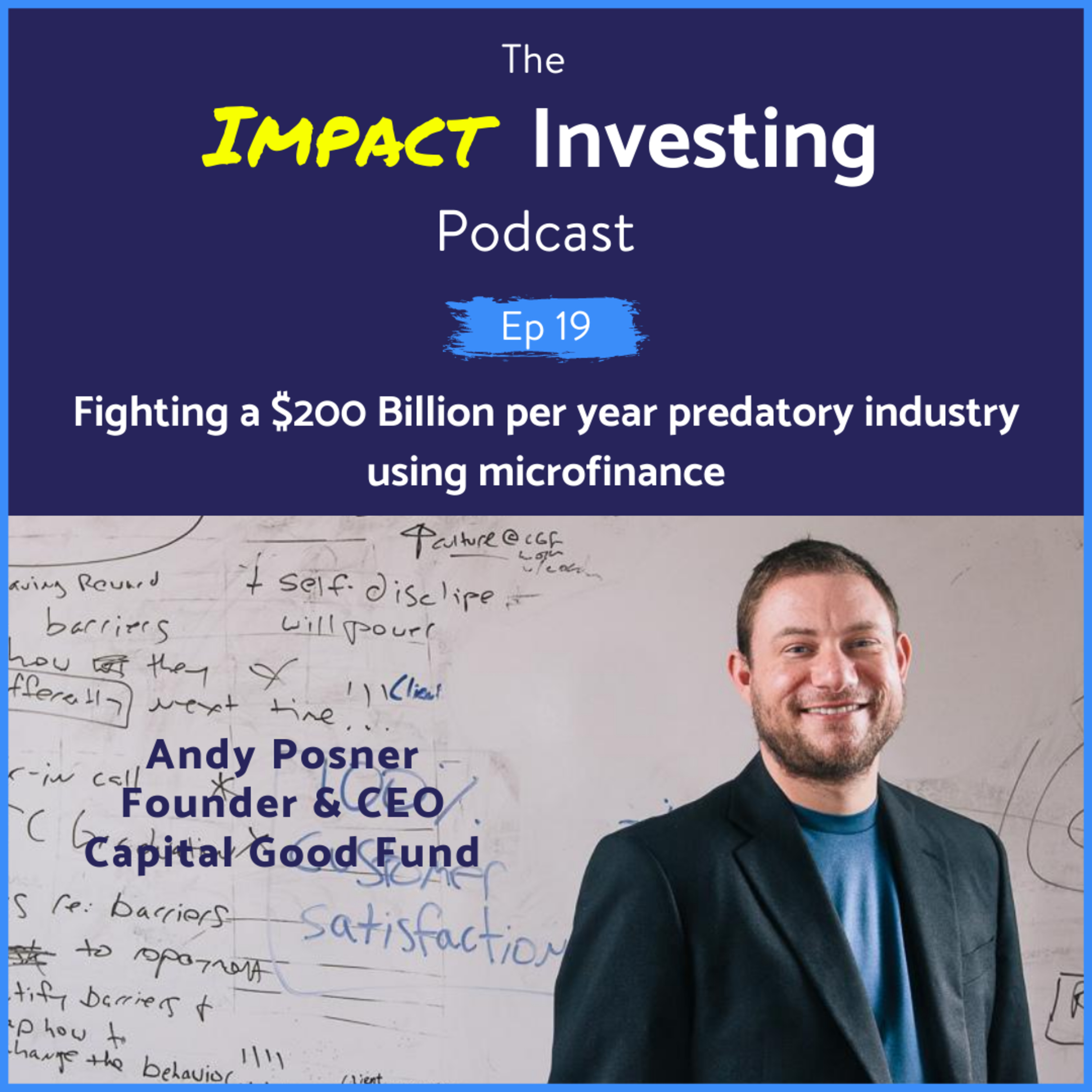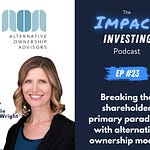Microfinance is an intervention that we usually think of as being valuable in a developing world context. The world is full of hard-working people with an entrepreneurial spirit who lack access to the necessary financing to get a business off the ground. Lending to these entrepreneurs has a host of societal benefits that include creating jobs and incomes for families in their communities, a spike in local economic activity as these businesses purchase local goods and services, and generates tax revenues for local governments to afford additional public services.
So one of the last places you might think microfinance is necessary is in a nation like the US which sells itself on the American Dream; a land of opportunity where anyone can be successful if they work hard enough. But in this episode we speak with Andrew Posner, Founder & CEO of Capital Good Fund who joins us to discuss why even in the US, microfinance is necessary and how his non-profit organization uses microfinance and coaching to combat a $200 billion dollar a year predatory industry that consists of payday lenders, pawnshops, rent to own stores, and subprime lenders; each offering some form of consumer loans at high double or often triple-digit interest rates.
During the episode, Andy and I discuss the challenges low-income Americans face, how race factors in, the importance of coaching in addition to lending to their clients, how COVID has disproportionately affected low-income Americans, and how the Capital Good Fund has adapted its services as a result. Be sure to stay tuned to the very end where we discuss Andy's ambitious plans for the Capital Good Fund over the next 5 years and why the coming US election is so important to those plans.
You can connect with Capital Good Fund on its website. You learn more about Andy on his website, or follow him on Twitter or LinkedIn.












Share this post